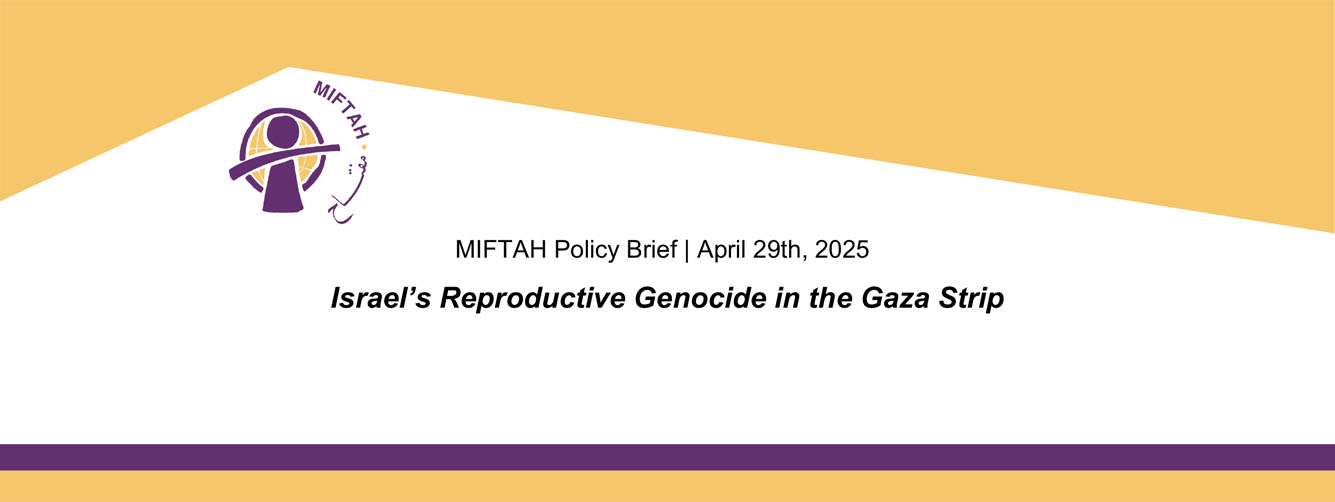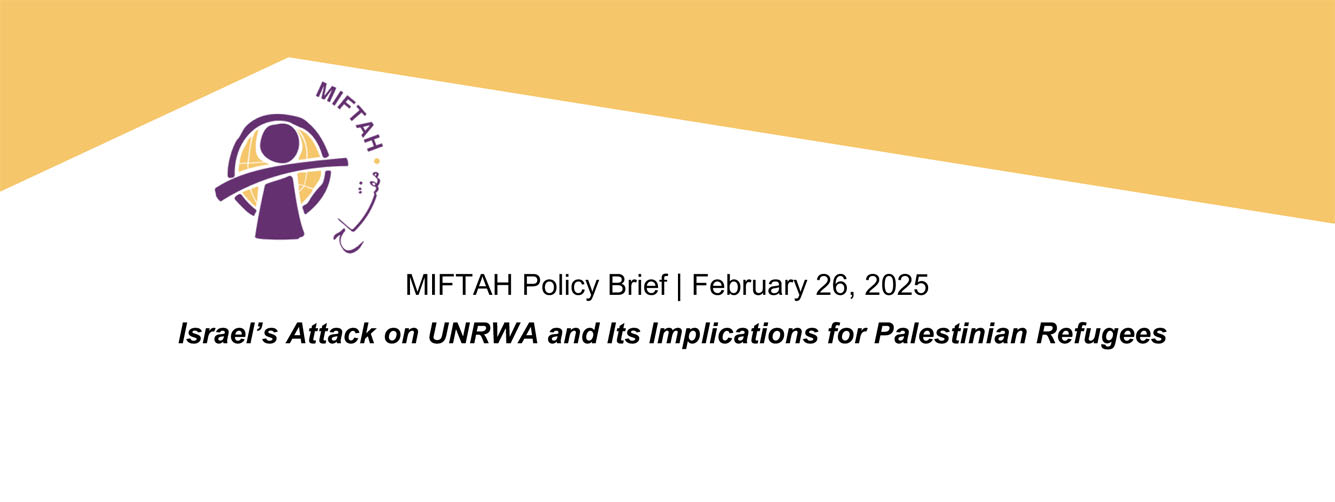As the Israeli-Palestinian “peace process” struggles to inch forward again in an atmosphere of profound pessimism bordering on hopelessness, what is most sadly missing is any compelling vision of how a Holy Land at peace could be structured so as to enhance not only the physical security of Israelis and the human dignity of Palestinians but also the future quality of day-to-day life for both peoples.
The Declaration of Principles so optimistically signed on the White House lawn in September 1993 proclaimed as its goal a “historic reconciliation” between the two peoples. Today, even optimistists seem to hope only for a definitive separation of the two peoples behind high walls and fences.
Can Israelis and Palestinians really do no better than this? Might it not still be possible to blend the practical and psychological preferences of both peoples for a twostate solution with some of the best aspects of a humane one-state solution to produce a vision of a possible future so bright and appealing that both Israelis and Palestinians would be inspired to act on their hopes and dreams, rather than their memories and fears, and to seize this future together and make it a reality?
Sharing the Holy Land is not a zero-sum game in which any development advantageous to one side must be disadvantageous to the other. One can envisage a society in which, by separating political and voting rights from economic, social and residential rights in a negotiated settlement, both the legitimate national aspirations of Palestinians and the legitimate security interests of Israelis could be simultaneously satisfied.
The Holy Land could be a two-state “confederation,” a single economic and social unit encompassing two sovereign states and one Holy City. Jerusalem could be an Israeli-Palestinian “condominium,” an open city forming an undivided part of both states, being the capital of both states and being administered by local district councils and an umbrella municipal council.
All current residents of the Holy Land could be given the choice of Israeli or Palestinian citizenship, thus determining which state’s passport they would carry and in which state’s national elections they would vote. All citizens of either state could vote in municipal elections where they actually live—a matter of particular relevance to current Palestinian citizens of Israel opting for Palestinian citizenship and to Israeli settlers choosing to continue to live in Palestine while maintaining their Israeli citizenship.
Each state could have its own “law of return” conferring citizenship and residential rights within that state on persons not currently resident in the Holy Land.
Borders would have to be drawn on maps but would not have to exist on the ground. The free, non-discriminatory movement of people and goods within the Holy Land could be a fundamental principle subject only to one major exception: to ensure that each state would always maintain its national character, the right to residence in each Holy Land state could be limited to that state’s citizens, to citizens of the other state residing there on an agreed date, and to their descendants. (In this way, deeply felt principles could be maintained.
Israelis could have the right to live in all of Eretz Israel—but not all Israelis in all of Eretz Israel. Similarly, Palestinians could have the right to live in all of historical Palestine—but not all Palestinians in all of historical Palestine.) A common currency (perhaps printed in Hebrew on one side and Arabic on the other) could be issued by a common central bank.
To View the Full Report as PDF (265 KB)







